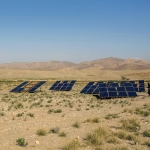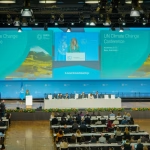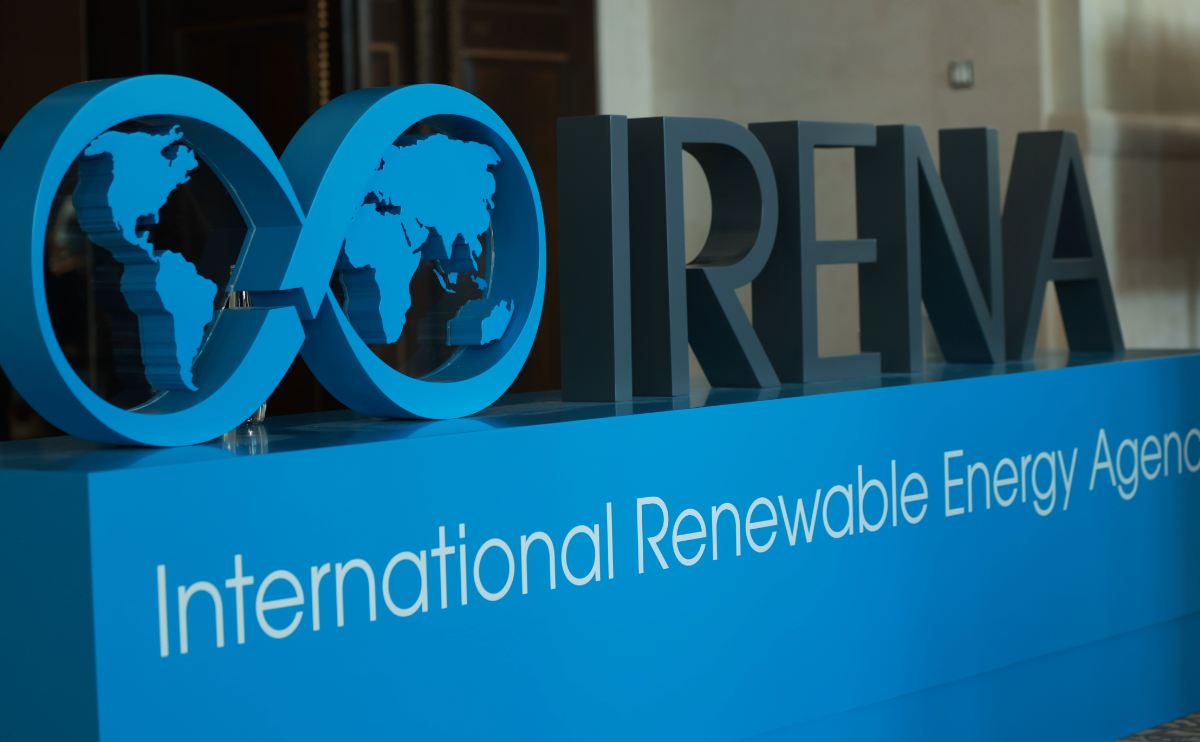
Surprise Solar Boom in Pakistan Helps Millions, But Harms Grid
November 26, 2024
Pakistan possess huge opportunity to decarbonize, reduce emissions through Just Energy Transition: Experts
November 26, 2024This week, the Embassy of Denmark in Islamabad hosted a compelling art exhibition aimed at raising awareness and urging action to address climate change. The event, held at the Danish ambassador’s residence, featured powerful artwork calling for urgent environmental action, with Denmark’s ambassador expressing the country’s commitment to supporting Pakistan’s transition to renewable energy.
Despite contributing less than 1% of global emissions, Pakistan is one of the nations most affected by climate change. The catastrophic floods of June 2022, which claimed over 1,700 lives, displaced 33 million people, and devastated vital infrastructure, were linked to climate change by scientists.
The exhibition, titled Haryali (meaning “greenery” in Urdu), was organized to commemorate 75 years of diplomatic relations between Denmark and Pakistan, coinciding with global leaders gathering in Baku for the COP29 climate conference. The showcase featured works by 36 Pakistani artists, who used sculptures and paintings to depict the devastating effects of climate change and global warming.
“Pakistan is among the most vulnerable countries to climate change, and immediate action is needed,” said Danish Ambassador Jakob Linulf. “This is not something Pakistan can tackle alone, and Denmark is ready to offer our expertise to help create a greener society.”
Linulf highlighted Denmark’s success in harnessing solar, wind, water, and biomass energy, noting that Pakistan has abundant resources in all these areas. He expressed his hope for Pakistan to transform its energy sector into a more sustainable one.
Pakistani artist Iman Bilal, known for her sculptures, raised awareness about the health risks of microplastics, stressing the importance of art in inspiring action to prevent environmental damage. Another artist, Kareem Ahmed Khan, hailing from the Hunza Valley, which has been severely affected by glacial lake outburst floods (GLOFs), shared his ongoing efforts to draw attention to climate change’s impact on his region.
Meanwhile, at COP29, Pakistani Prime Minister Shehbaz Sharif emphasized the need for greater trust in the climate pledging process and urged increased climate finance to support vulnerable, developing countries.




